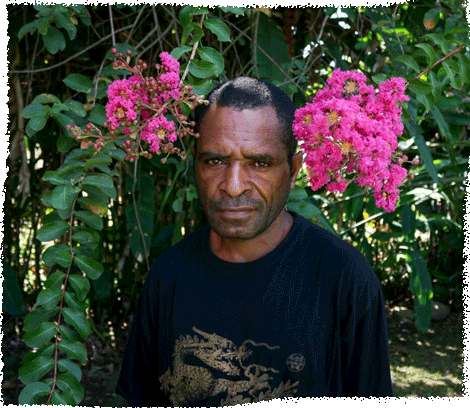Please Rotate Your Device
Please Rotate Your Device
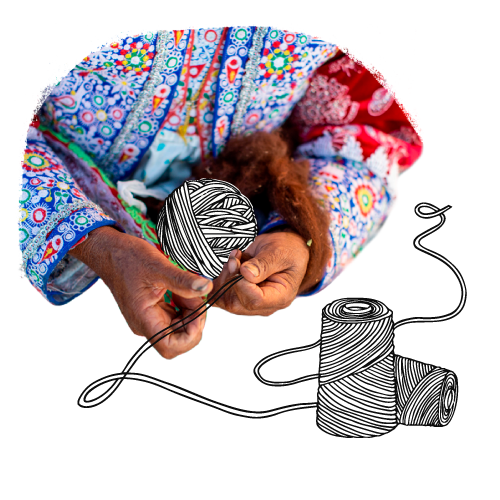
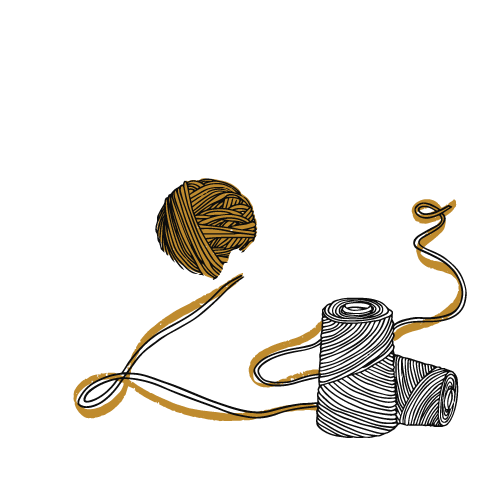
We must do more, better, with less waste, in a world of increasing resource constraints and demands.
That’s why we help countries design integrated solutions that speed up progress on the Sustainable Development Goals to advance social, economic and environmental targets.
We help countries transition to ‘green circular’ economies, which abandon the ‘make, take and dispose’ linear economic model that regenerate health and productivity.
Our Accelerator Labs support companies in 78 countries to become more efficient and sustainable, and to share that information with others worldwide.
We promote sustainable gold mining in Africa, and cashmere goat farming in Mongolia. By supporting Azerbaijan’s outstanding traditional carpet weaving industry, we’re reducing reliance on unsustainable land management.
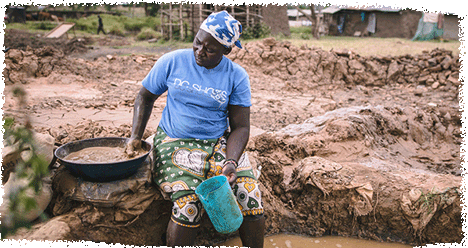
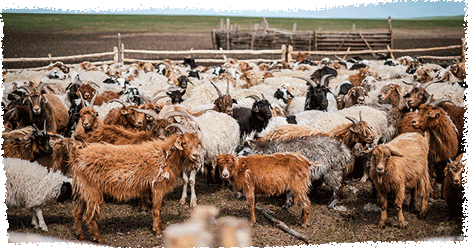
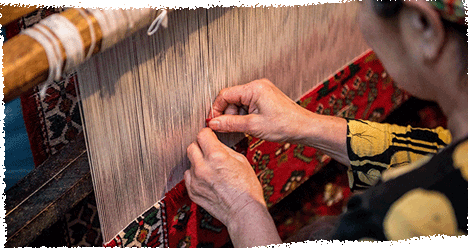
We help countries implement the Stockholm Convention on Persistent Organic Pollutants, where countries tackle chemical and industrial waste management.
We encourage the transition to clean, renewable solar power in remote communities, which improves the livelihoods of people keeping traditional crafts alive.
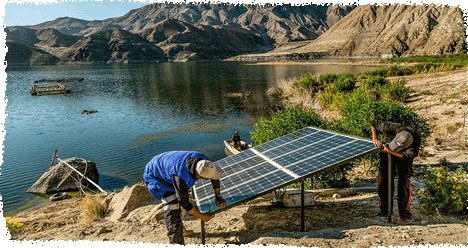
“Before, we used to spin with the spinning wheel, it took a long time, now with the solar spinning machine we have doubled our production.”
Ruth, spinner, Peru
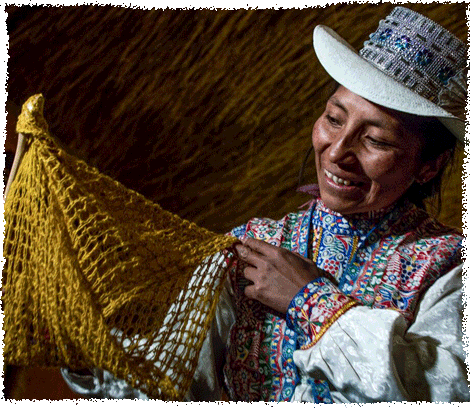
We work with fashion designers, suppliers and industries to ensure sustainability in how raw materials are grown and produced, and justice in how they are manufactured.
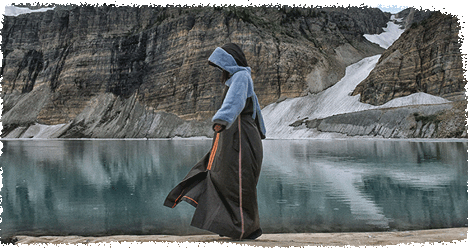
Exploitation must end. The emerging technology blockchain has enormous potential to improve supply chains—making them not only more efficient and transparent but also ensuring producers are paid fairly, and not exploited.
With our support, cocoa farmers in Ecuador have created the world’s first blockchain shared-value chocolate.
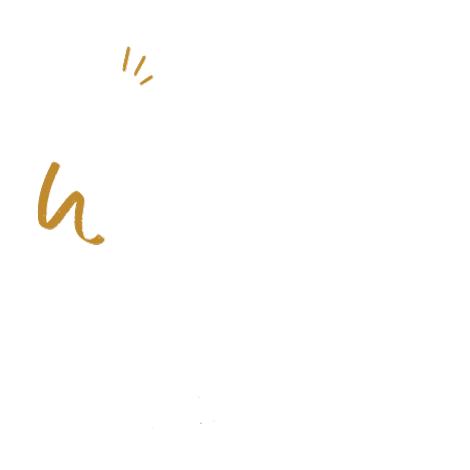
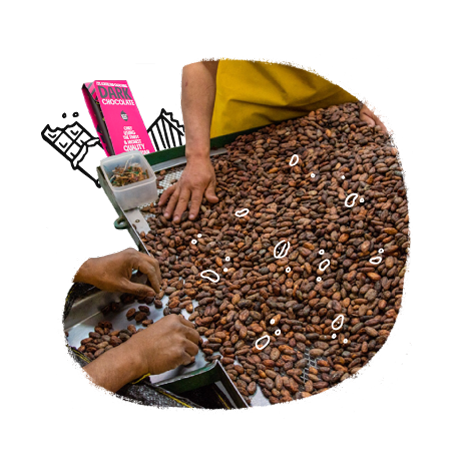
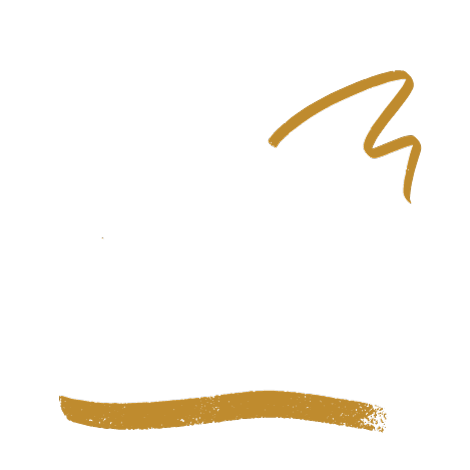
“Blockchain can empower consumers to directly invest in SDG’s via everyday consumption.”
Guido van Staveren, CEO Fairchain
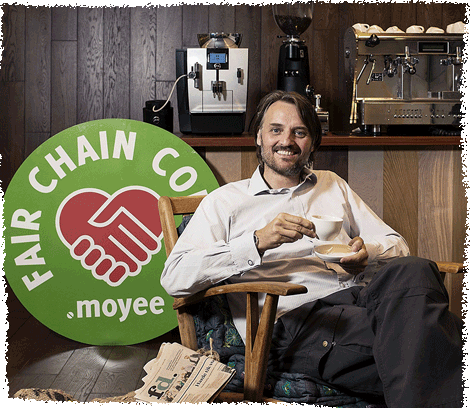
In recent years, unsafe working conditions have provoked widespread outrage. We are working with governments and other partners to end the egregious abuse of human rights, particularly the abuse of children.
Our programming with indigenous communities supports the rights of marginalized people as they fight, on the front lines of climate change, to develop sustainable businesses that protect their environments and culture.
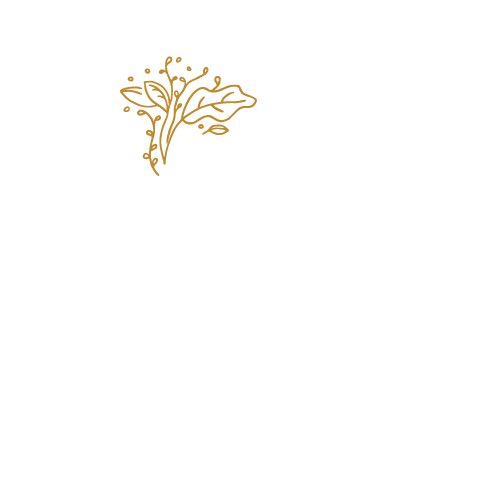
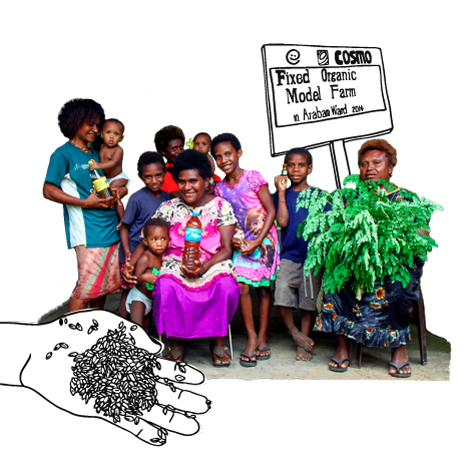
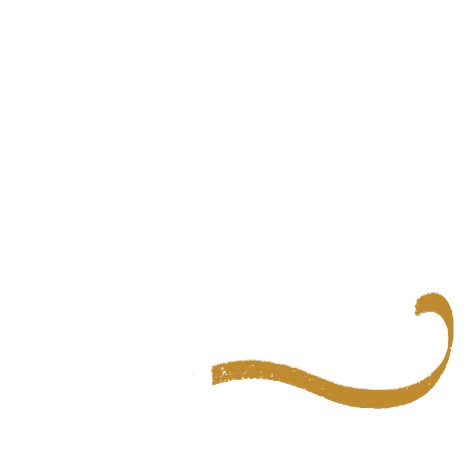
“I am seeing a huge change. I am seeing animals just on the edges of the villages, the gardens, and even within village boundaries. More and more Yopno-Uruwa-Som villages are pledging areas of their customary land for conservation so that they can contribute and benefit.”
Matthew Tombe, Papua New Guinea
